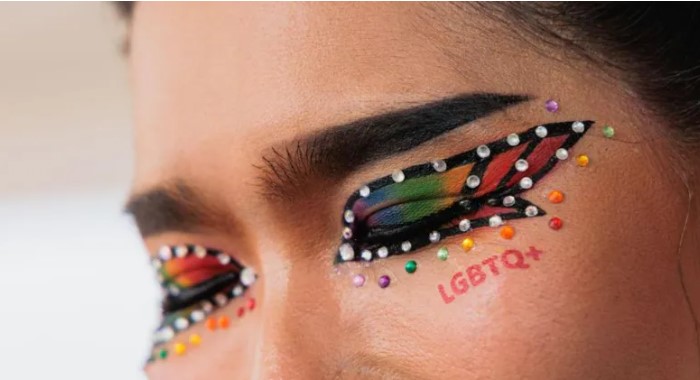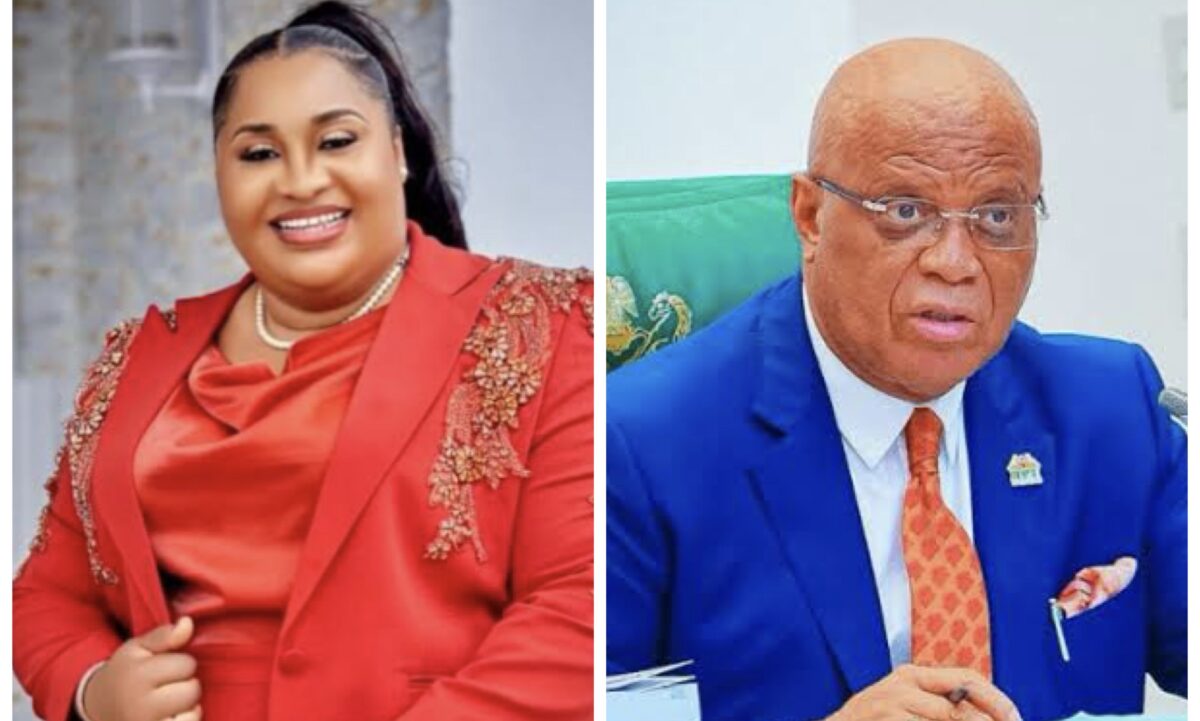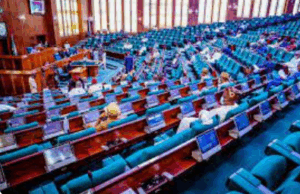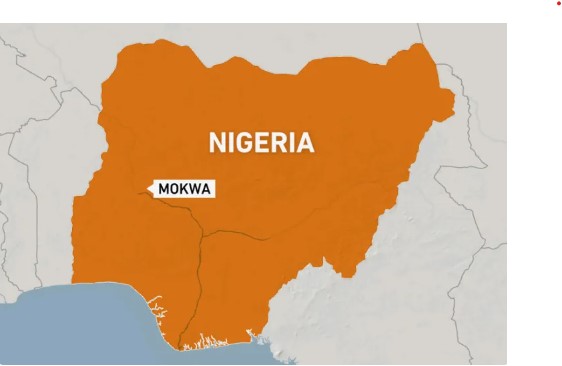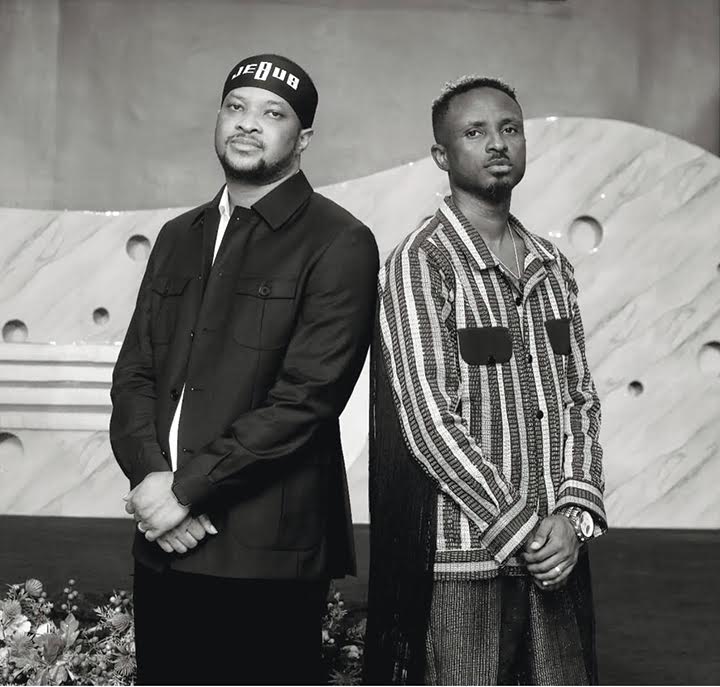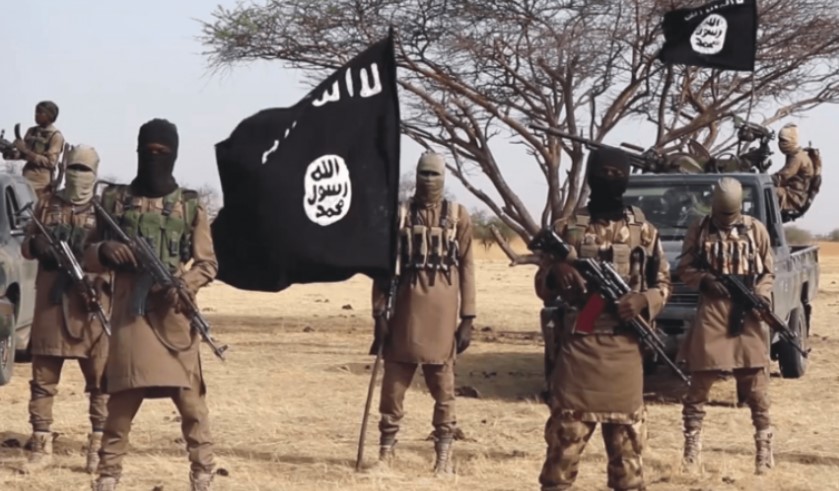Thailand: From Tears to Joy - A Safe Space for LGBT Couples
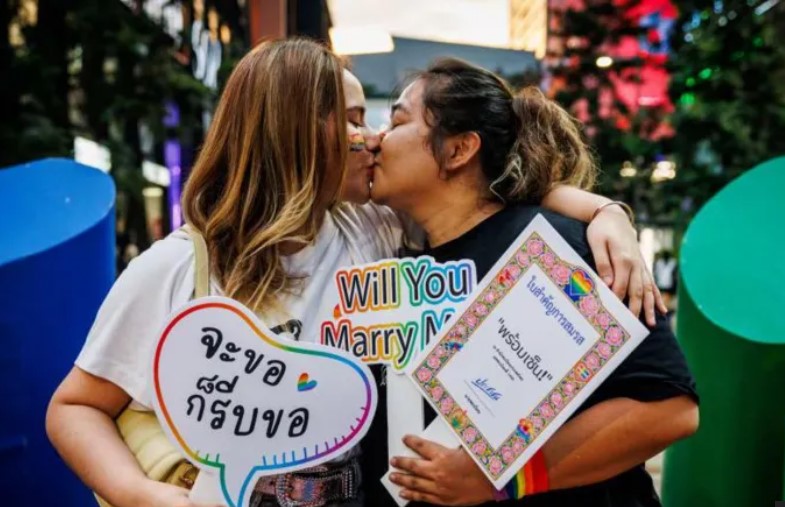
Thailand becomes first South-East Asian country to legalise same sex marriage
"It has been a long fight full of tears for us."
As Thailand legalizes same-sex marriage, hundreds of couples are being married. That's how Ann "Waaddao" Chumaporn characterizes the years that have built up to this point.
And why Thailand is being asked again is the same issue that has been raised throughout the protracted effort to adopt the equal marriage bill. Why not somewhere else in Asia except Taiwan and Nepal?
People believe they know the solution. Lesbian, homosexual, bisexual, and transgender persons are renowned for being accepted and open in Thailand. They have been evident in all spheres of life for a long time.
As Thailand legalizes same-sex marriage, hundreds of couples are being married. That's how Ann "Waaddao" Chumaporn characterizes the years that have built up to this point.
And why Thailand is being asked again is the same issue that has been raised throughout the protracted effort to adopt the equal marriage bill. Why not somewhere else in Asia except Taiwan and Nepal?
People believe they know the solution. Lesbian, homosexual, bisexual, and transgender persons are renowned for being accepted and open in Thailand. They have been evident in all spheres of life for a long time.
Did you know? You can comment on this post! Just scroll down
When it comes to almost everything, Thai folks are laid back. The term "Mai pen rai" (no big deal) is widely used. LGBT lifestyles are not prohibited by Buddhism, which is practiced by over 90% of Thais. Equal marriage was unavoidable, surely.
However, it wasn't. "It was not easy," says Ms. Waaddao, the organizer of the Pride March in Bangkok.
Just 25 years have passed since Thailand's first Pride march. Obtaining police consent was difficult in those days, and the march was a disorganized, aimless affair. There were just two marches after 2006 till 2022. The possibility of violence forced the cancellation of a planned Pride march in Chiang Mai in 2009.
However, it wasn't. "It was not easy," says Ms. Waaddao, the organizer of the Pride March in Bangkok.
Just 25 years have passed since Thailand's first Pride march. Obtaining police consent was difficult in those days, and the march was a disorganized, aimless affair. There were just two marches after 2006 till 2022. The possibility of violence forced the cancellation of a planned Pride march in Chiang Mai in 2009.
"We were not accepted, by our own families and by society," remarks Ms. Waaddao. "There were times when we did not think marriage equality would ever happen, but we never gave up."
'We did not fight, we negotiated'
Despite Thailand's widespread acceptance of LGBT individuals, obtaining equal rights—including marriage—required a concerted effort to alter public and official perceptions. Attitudes have also evolved.
Chakkrit "Ink" Vadhanavira and his spouse were both actors with prominent TV series roles when they began dating in 2001. The Thai Ministry of Health at the time continued to classify homosexuality as a mental disease.
Chakkrit "Ink" Vadhanavira and his spouse were both actors with prominent TV series roles when they began dating in 2001. The Thai Ministry of Health at the time continued to classify homosexuality as a mental disease.
"Back then society could not accept leading male roles being played by a gay man. There was lots of gossip about us in the media, much of it untrue, which really stressed us," Mr Chakkrit recalls.
"We decided then that if we were going to date each other, we had to leave showbiz."
They are still together but they have stayed out of the limelight for more than 20 years, running a successful production company.
A lot has changed in that time – and their industry gets some credit for that.
The way LGBT characters are portrayed in Thai TV dramas, from comical oddities to mainstream roles, made a big difference, according to Tinnaphop Sinsomboonthong, an assistant professor at Thammasat University who self-identifies as queer.
"Nowadays they represent us as normal characters, like you see in real life," he says. "The kind of LGBTQ+ colleague you might have in the office, or your LGBTQ+ neighbour. This really helped change perceptions and values in all generations."
The so-called Boy Love dramas have helped bring the rest of society round to the idea of not just tolerance, but full acceptance and equal rights for the community.
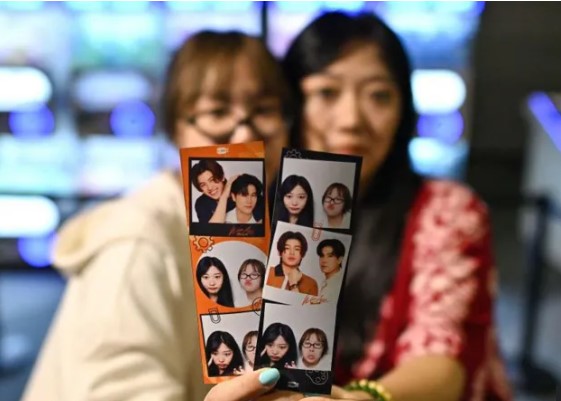
These romantic television dramas featuring love affairs between beautiful young men have grown enormously in popularity over the past decade, especially during the Covid pandemic.
They are now one of Thailand's most successful cultural exports, with huge audiences in places like China. Series like My School President and Love Sick have got hundreds of millions of views on streaming networks.
At the same time, activists became more focused and united in their bid to get the law changed. The many different LGBT groups came together in the Change 1448 campaign – 1448 is the clause in the Thai Civil Code covering the definition of marriage – and later under the Rainbow Coalition for Marriage Equality.
They linked up with other groups fighting for greater rights and freedoms in Thailand, and they learned to work with political parties in parliament to persuade them to change their stance on the law.
The resumption of Pride marches in 2022, and getting the government to recognise and promote the appeal of Thailand as an attractive destination for LGBT travellers also helped change public perceptions.
"We did not fight, we negotiated," Mr Tinnaphop says. "We knew we had to talk to Thai society, and little by little, we shifted attitudes."
The right political moment
Getting the equal marriage law through parliament was also helped by political developments in Thailand.
For five years following a coup in 2014, the country was ruled by a conservative military government, which was willing only to consider recognising civil partnerships for LGBT couples, without full rights like inheritance.
But in the 2019 election which returned Thailand to civilian rule, a new, youthful reformist party called Future Forward, which fully supported equal marriage, did unexpectedly well. They won the third-largest share of seats, revealing a growing hunger for change in Thailand.
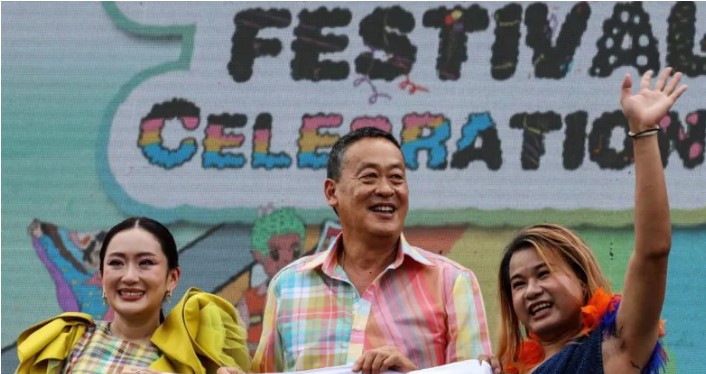
A contentious court decision that disbanded Future Forward a year later sparked months of student-led demonstrations demanding broad reforms, including limitations on the monarchy's authority.
LGBT activists gained more public recognition as a result of their involvement in those demonstrations. After many of the leaders were incarcerated for challenging the monarchy's role, the protests finally subsided.
However, Future Forward's successor, Move Forward, outperformed the 2019 party and won more seats than any other in the 2023 election. Once more, it was evident that Thai people of all ages shared a desire for change.
LGBT activists gained more public recognition as a result of their involvement in those demonstrations. After many of the leaders were incarcerated for challenging the monarchy's role, the protests finally subsided.
However, Future Forward's successor, Move Forward, outperformed the 2019 party and won more seats than any other in the 2023 election. Once more, it was evident that Thai people of all ages shared a desire for change.
Move Forward was blocked from forming a government by conservatives who objected to its call for wholesale political reforms.
But by this time, equal marriage was less contentious. Few opposed it. And passing it gave the unwieldy and unpopular coalition government which had been formed without Move Forward a quick accomplishment with which to please most of the country.
Pioneering move may boost tourism
Thailand, though, is an outlier in Asia. Few other countries in the region are likely to follow suit.
The influence of Islam in Malaysia, Indonesia and Brunei makes the notion of equal marriage a non-starter. LGBT communities there face discrimination and prosecution; in Brunei sex between men carries the death penalty.
